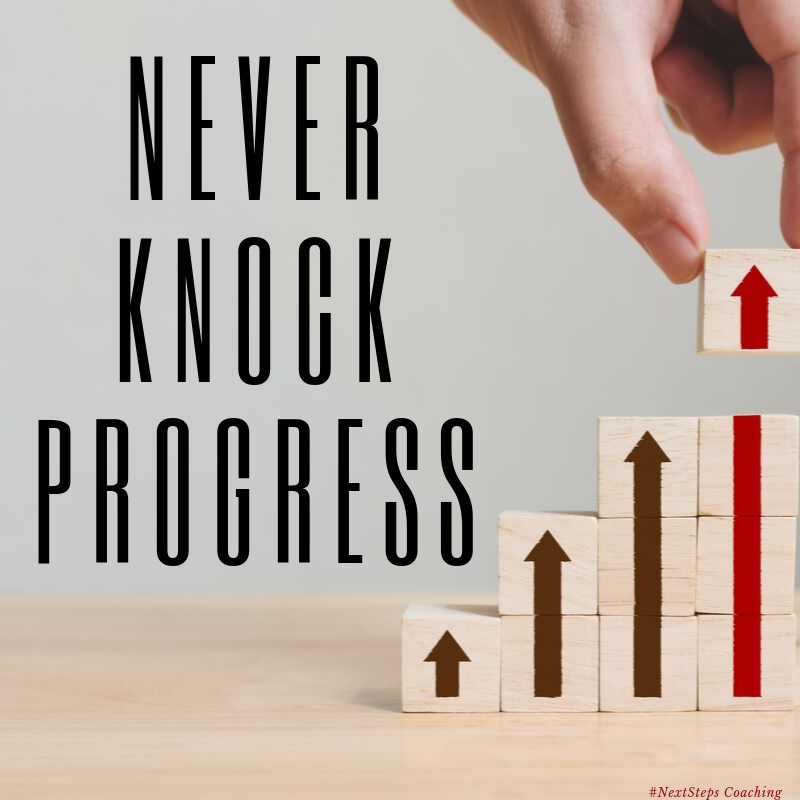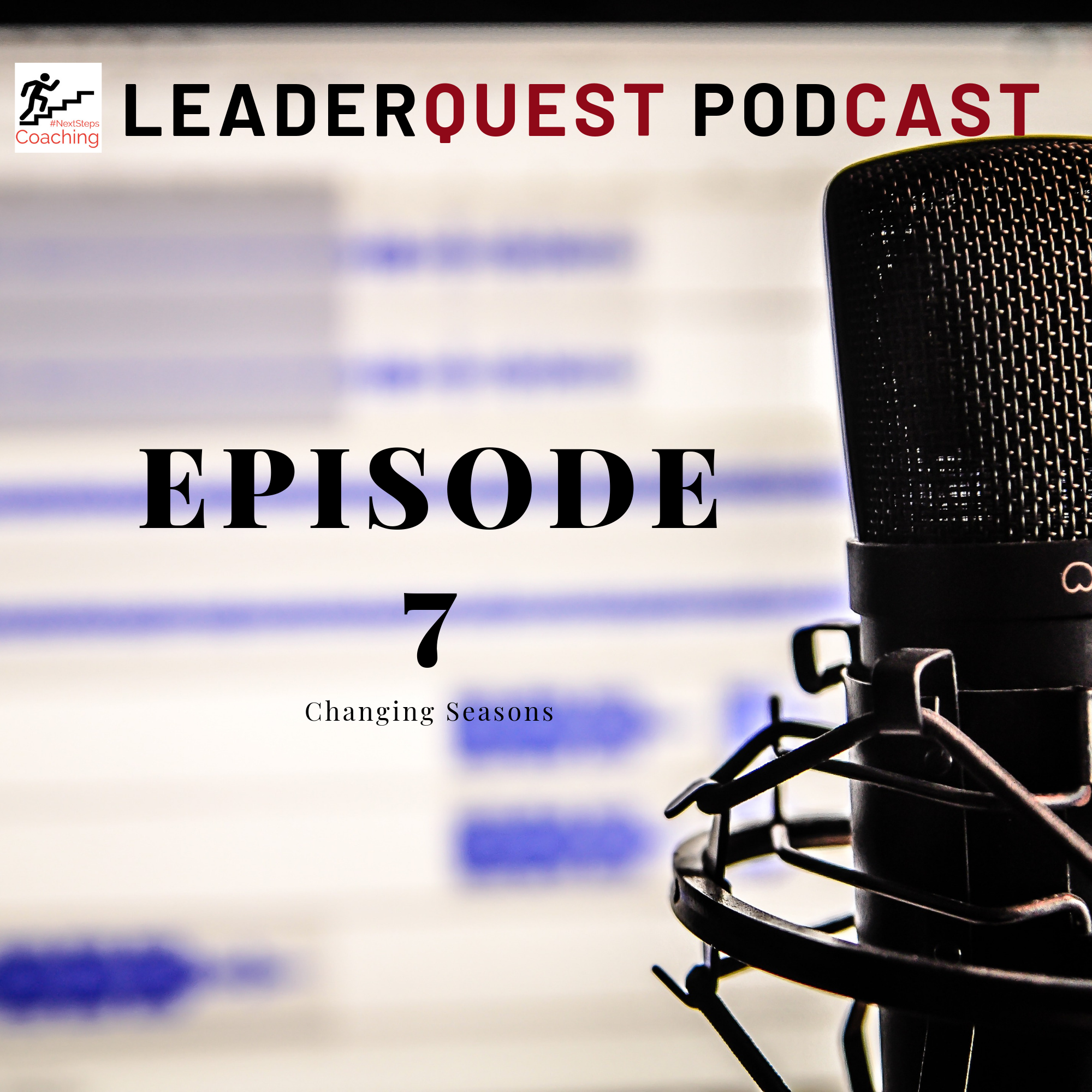
Recently, my wife and I were enjoying some coffee in the morning when we noticed headlights pull into our driveway. This isn’t too unusual or a call for alarm as we live three blocks from her parent’s house. They will sometimes stop by in the morning to see the kids before school.
However, three minutes after noticing the lights, they hadn’t come to the door. Then, we heard the sharp screel of an angle grinder, followed immediately by our car alarm going off.
As I ran outside, there were three individuals attempting to steal our catalytic converter and turn it in for recycling money. I found out from the cops that it’s a popular crime, and one hard to track. Most of the time, car alarms don’t go off. We were able to escape any major injury or damage to the car as we called the cops and they sped off.
However, one phrase has been a recurring phrase for us in the house following the event is: “Deal with it.”
Deal With It.
While they didn’t get anything of value, it was a huge invasion of privacy. Worse than that, there were two individuals I could plainly see, one providing lookout in the car and the other cutting away beneath our vehicle. What I couldn’t see, was the third individual lurking around the corner who charged me when I stepped out my front door to see what was going on. Narrowly escaping, I pushed my wife and kids back inside to the safety of our home and called the cops once we were alerted to the danger.
That night, I noticed that I had a lot of anxiety. Worried they would come back and attempt to finish their theft, or worse, left me unable to sleep. The next several days were all stressful as we tried to process not just the attempted theft, but the invasion of privacy and safety as well.
As we process the event and deal with the consequences and trauma of the event, I realize how many times in life we don’t “deal with it” when problems arise.
At Work
Work situations are ripe with circumstances and experiences that haven’t been dealt with.
- A coworker makes an inappropriate joke or demeaning remark and is never called out for it. Instead, he assumes everyone agrees with him since nothing was said.
- A manager ridicules an employee unfairly and abusively. The “leadership style is defended because “that’s just the way he is.”
- A brewing team conflict is allowed to simmer because of the false belief that product launch and marketing execution is more important than team health.
At Home
- A series of pet-peeves builds mounting frustration towards a full-blown argument where harsh words are used.
- The pressure of increased sales at work diminishes the quality of life at home, leading to personal withdrawal and isolation.
- The busyness of life limits personal connection time and family bonding, leading to a fractured family unit and unspoken angst.
You get the point. You’ve also likely been there. Perhaps you even are there now. But high performers know that you can only be as strong as your weakest area of life. If you’re struggling to deal with any aspect of conflict, drama, or trauma, your success will falter and your breakthroughs will be limited.
Instead, based on the experience of the recent attempted robbery, here are three ways to help you process conflict in your life so you can deal with it appropriately.
1.) Give your emotions space.
The first step towards healing for Elise and I was to give our emotions space. We first had to acknowledge what we were feeling: sadness, anger, fear, frustration, anxiety, panic, and worry were quick to come out. 
Give yourself the emotional range to deal with difficult problems and learn how to overcome them.
Strong leaders know they need to raise their emotional intelligence. Through consistent and deliberate practice, they engage their emotions and learn to master and express them appropriately.
2.) Share in deep conversation
You can’t deal with problems if you don’t talk about them. Once we acknowledged our emotions, we shared a conversation based around healing. What did it mean for us to deal with this situation effectively? How could we overcome those negative emotions and find hope? What did the other person need? How could we support them?
Elise and I intentionally set aside time to listen, reflect, and engage each other at a deep level.
3.) Create a better tomorrow.
The good news is that we are all okay. The better news is that we can work for a better tomorrow. This experience provided us with the opportunity to look at our house in a new light and discover what made it a good target. Poor outside lighting contributed to the criminals picking our house. So too, did several other factors. We were able to see those, remedy them, and create a safer environment for our family.
In life and work, we can do the same. Interpersonal conflict doesn’t have to be the norm. In fact, it shouldn’t be. In his book Thrive By Design, Don Rheem tells us that we are wired to perform better in teams. Those around us should make us better. If they aren’t, we have issues to address. By addressing them, we make the team better. When we make the team better, we get better. When you get better, you can attain peak performance. By reaching peak performance, you can skyrocket your success.
It is inevitable that conflict, disagreement, and discord will arise in life. However, we don’t have to live in it constantly. Instead, we can rise above it by giving our emotions space, engaging in deep conversation, and working towards a better future.





